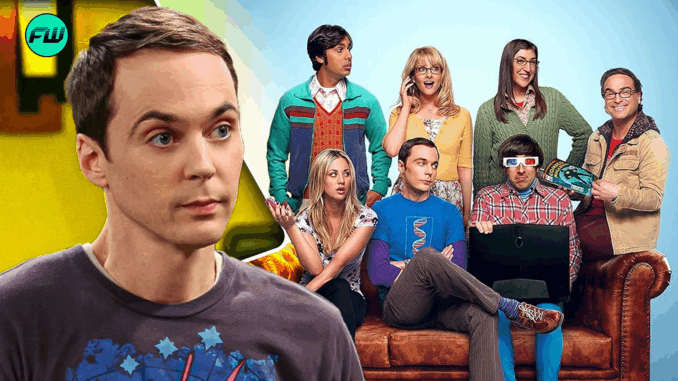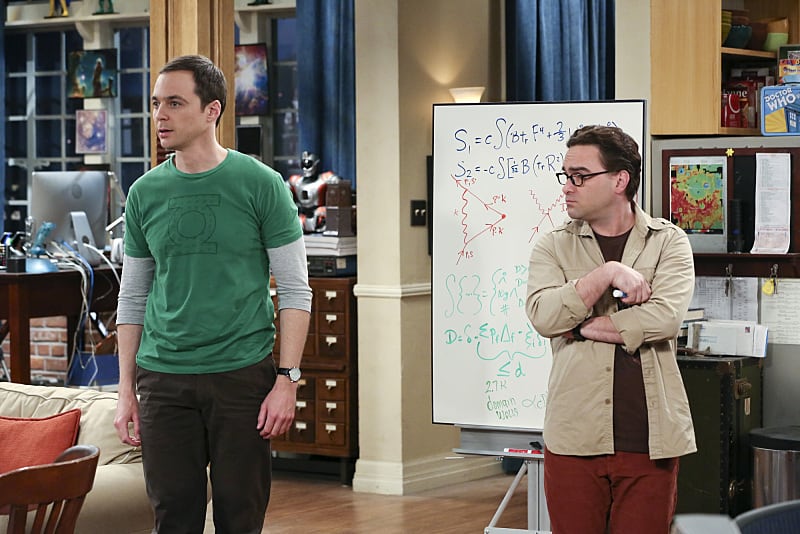
The Big Bang Theory began as a niche sitcom centered around a group of socially awkward scientists, but over the course of 12 seasons, it evolved into one of the most beloved and emotionally resonant shows of its generation. While the science and nerd culture references drew in a particular demographic early on, it was the show’s unexpected emotional depth and character development that helped it break out and find mainstream success.
A Sitcom That Grew With Its Characters
In the early seasons, much of the humor leaned on stereotypical portrayals of nerdy behavior, social ineptitude, and the contrast between the genius-level intellects of characters like Sheldon Cooper and the “everyday” life of Penny, their neighbor. However, as the series progressed, the writers allowed the characters to mature in ways that felt both authentic and emotionally impactful.
Leonard and Penny’s relationship moved beyond the typical sitcom romance, tackling real-world issues like insecurity, communication problems, and mismatched expectations. Meanwhile, Sheldon’s slow but steady emotional growth—culminating in his marriage to Amy and his touching Nobel Prize acceptance speech—offered a surprisingly heartfelt payoff for viewers who had followed his journey from day one.
Comedy That Hit Deeper Than Expected
While always staying true to its comedic core, The Big Bang Theory never shied away from showing the vulnerabilities of its characters. Howard’s struggle with fatherhood and the loss of his mother, Raj’s fear of loneliness, and Amy’s lifelong battle to fit in added emotional layers that resonated with fans.

The show struck a rare balance: it celebrated intelligence and science while also highlighting the very human need for connection, love, and acceptance. This emotional grounding helped it stand out in a crowded TV landscape, especially during its final seasons.
Cultural Impact and Enduring Legacy
Beyond the laughs, The Big Bang Theory left a lasting mark on pop culture. It helped bring geek culture into the mainstream, making references to comic books, quantum physics, and Dungeons & Dragons part of everyday conversation. The show’s success also opened the door for more inclusive and varied depictions of intelligence and passion, especially for female scientists through characters like Amy and Bernadette.
Today, The Big Bang Theory remains widely syndicated, with new audiences discovering the show through streaming. Its spin-off, Young Sheldon, continues to expand the universe while offering deeper insights into Sheldon’s formative years.
Conclusion
At its best, The Big Bang Theory was more than just a sitcom about nerds. It was a series about people learning how to grow, love, and support one another—even when they didn’t always know how. That emotional sincerity, paired with sharp writing and strong performances, is what transformed a science-themed sitcom into a cultural phenomenon that fans still cherish today.